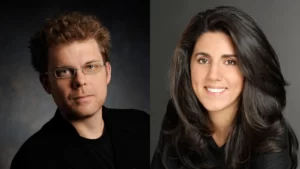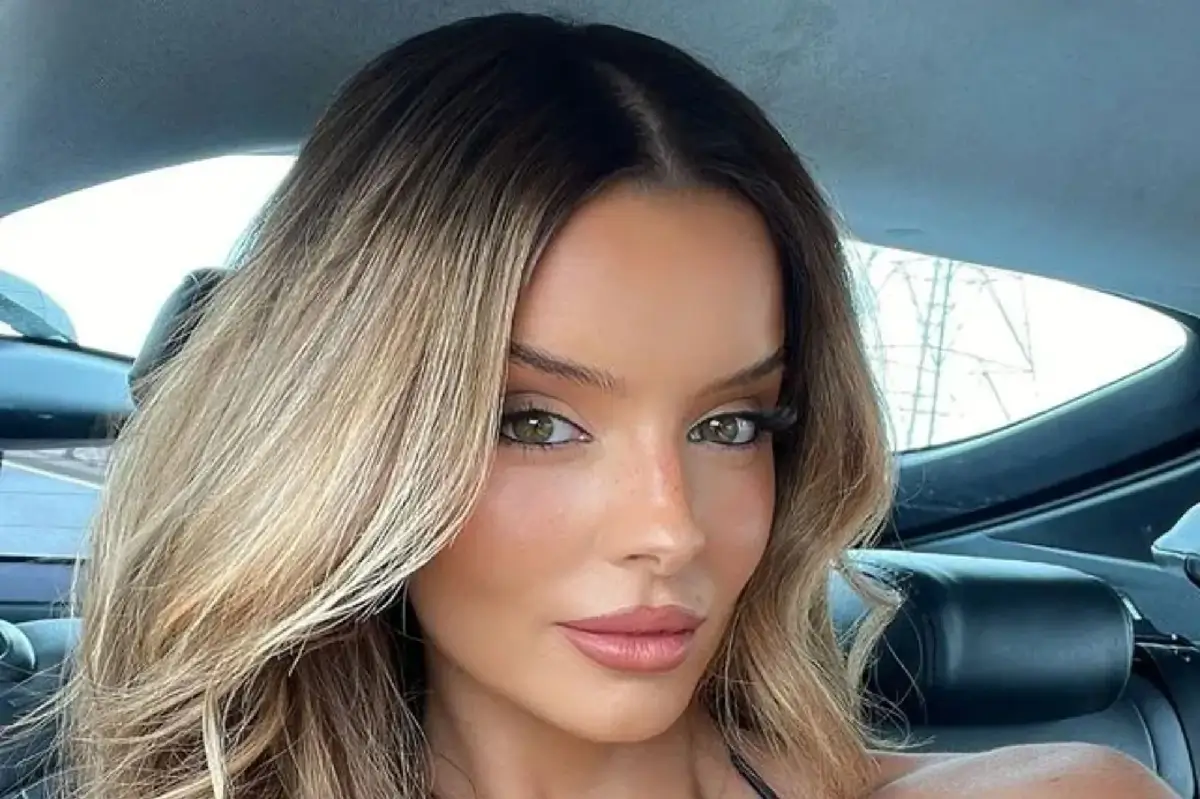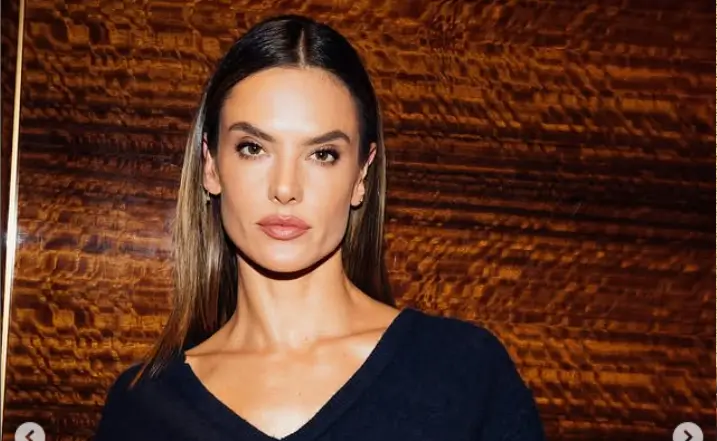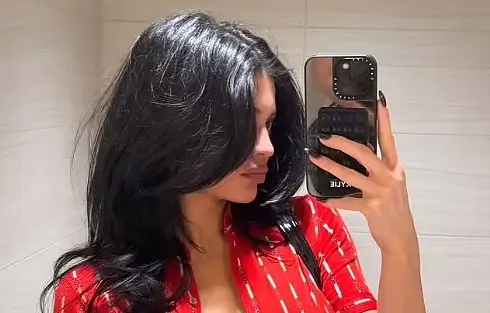This week, Discovery+ premiered House Of Hammer, a three-part docuseries that attempts to tie the various accusations of sexually abusive and manipulative behavior leveled against actor Armie Hammer in recent years into a larger legacy of his extraordinarily wealthy and powerful family. However, an Armie Hammer accuser has slammed the series, accusing House Of Hammer directors Elli Hakami and Julian P. Hobbs of exploitative behavior, saying, “They remind me of Armie.”
- Immortality Walkthrough – How to Collect Every Clip and Piece of Secret Footage
- The Winnie the Pooh: Blood and Honey Trailer Screams Public Domain
Armie Hammer accuser calls out House Of Hammer directors
According to The Los Angeles Times, “Effie,” the woman who first spoke out against Hammer (and who has refused to reveal her last name due to harassment concerns), has issued a statement criticizing the directors. “The way they’ve been exploiting my trauma is disgusting. When I keep screaming ‘no’ and they keep going, saying they don’t need my permission, they remind me of Armie.”

Effie declined to appear in the docuseries, but several of her social media posts about abuse and alleged sexual assault by Hammer are included. Gloria Allred, her lawyer, also appears in the series and gives an interview.
This past weekend, in response to Effie’s accusations, Hakami and Hobbs said they had every right to use her social media content:
“There’s all types of laws around material and the use of material. And when she posted on a public forum … her allegations against Armie Hammer enter into the public discourse, right? So that’s been covered by numerous outlets. And that [press conference clip] has been covered by numerous outlets. So now you don’t have to get permission.”

Hobbs also mentions that because Effie’s accusations inspired other women to come forward, including Courtney Vucekovich, a former partner of Hammer’s whose interviews comprise a significant portion of the series, it was critical to include them in their show. “So I think in connecting the timeline of events, she fits more in this timeline of the unfolding scandal—her coming forward was a major moment.” He also emphasized a philosophical difference between the directors and the accuser: “[Effie]‘s been vocal that she thinks that making any form of media out of these events is somewhat problematic. As filmmakers, we don’t take that view. We feel we actually have an obligation to tell the stories.”



